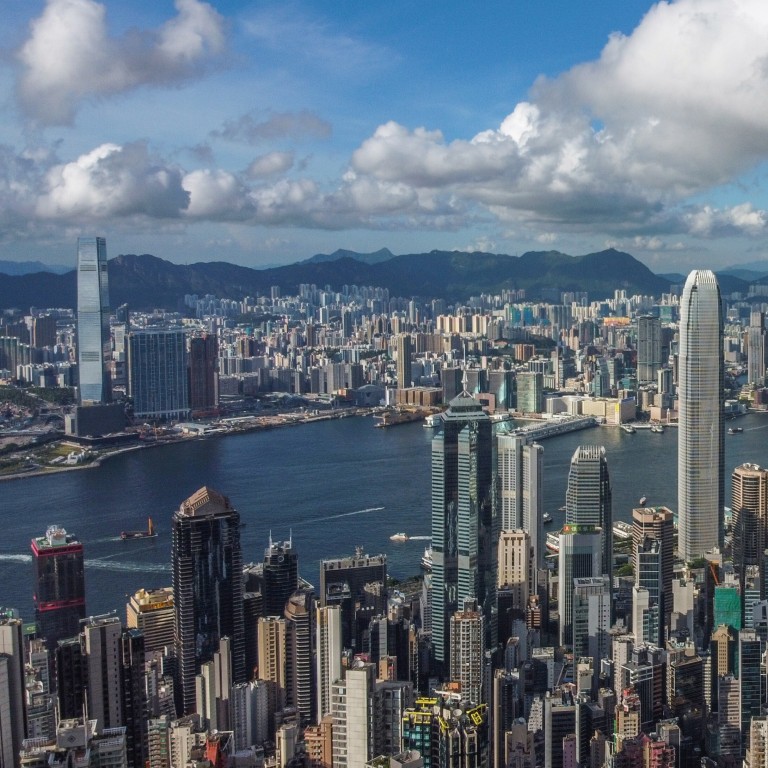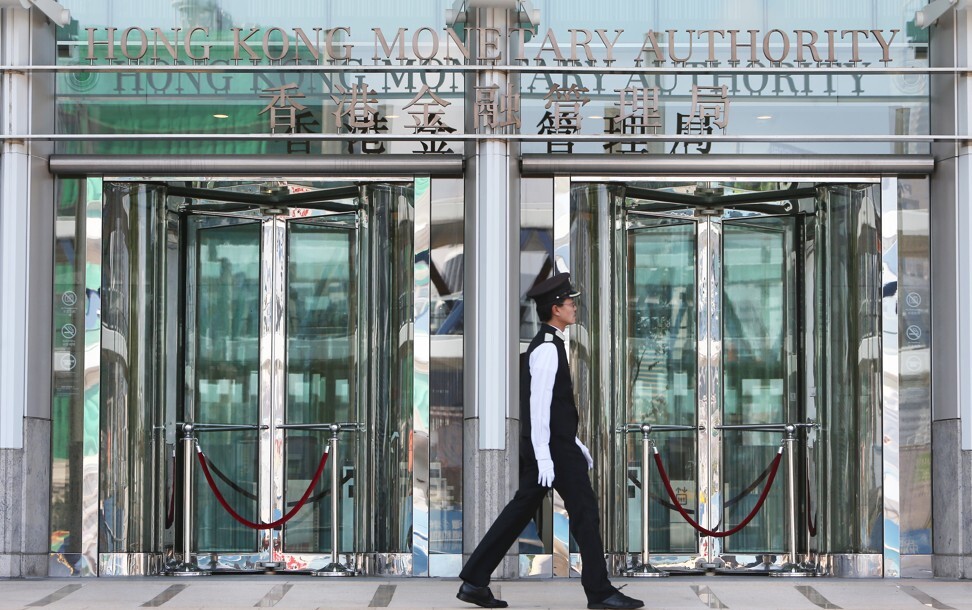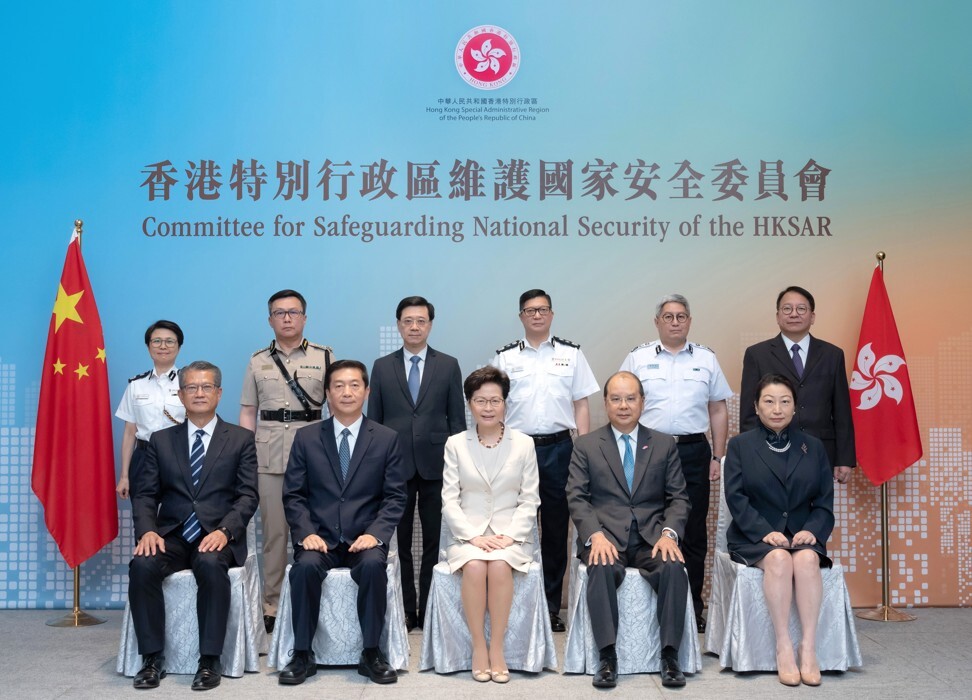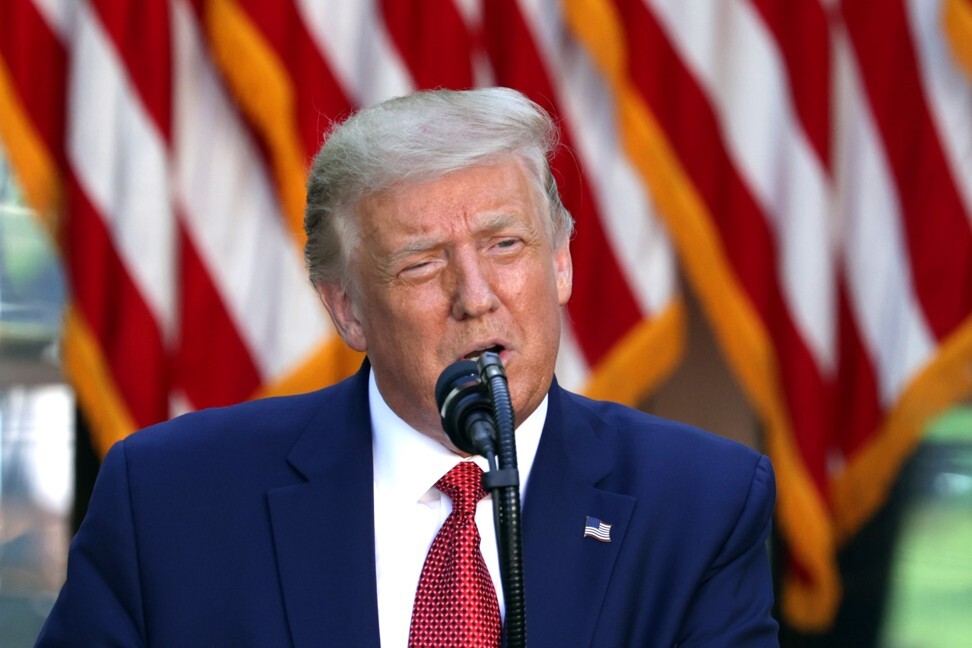
Explainer | Hong Kong national security law: why has the United States imposed sanctions on top officials serving the city and how hard will the penalties bite?
- Under Washington’s measures, the US-based assets of 11 officials serving Hong Kong are frozen, Americans and firms barred from dealing with them
- But is the retaliatory move over the national security law a case of symbolism over substance?
Here is what you need to know about the US move and its significance:
What is the scope of the sanctions and who issued them?
The economic sanctions were brought by the Office of Foreign Assets Control (OFAC), the financial intelligence and enforcement agency under the US Treasury Department.
US citizens and organisations or foreign nationals with US-based assets are generally barred from dealing with sanctioned individuals or entities.
It would be next to impossible for banks, in particular, to get around the US rules, but those institutions would need to consider corresponding laws in Hong Kong barring them from complying with such sanctions.
After Trump signed into law the Hong Kong Autonomy Act, paving the way for specific sanctions, HSBC noted in its interim financial report that US officials had the power to “impose secondary sanctions against non-US financial institutions determined to have conducted a significant transaction for any individual or entity subject to primary sanctions under the Act”.
Article 29 of the national security law – which targets collusion with foreign forces to endanger national security as well as secession, subversion and terrorism – forbids individuals and organisations from imposing sanctions against Hong Kong or mainland China.
How will the sanctions change the financial environment?

03:08
US sanctions 11 Hong Kong and mainland officials including Hong Kong’s chief executive Carrie Lam
The Hong Kong Monetary Authority on Saturday said that in its view the sanctions had no legal basis, offering potential cover to those businesses looking to avoid compliance.
However, it urged those deciding to implement such policies to “endeavour to treat customers fairly”.
“For the avoidance of doubt, unilateral sanctions imposed by foreign governments are not part of the international targeted financial sanctions regime and have no legal status in Hong Kong,” the de facto central bank’s deputy chief Arthur Yuen Kwok-hang said in a letter.
US sanctions Hong Kong leader Carrie Lam for ‘policies of suppression’
Finance sector lawmaker Ronick Chan Chun-ying said that although local and Chinese banks would be willing to offer basic banking services to those on the sanction list, they would now be keen to avoid US-related transactions.
“As a commercial organisation, the banks have to strike a balance between observing the national security law, as well as how they would deal with the unilateral sanctions imposed by the US government,” the lawmaker said.

Hong Kong’s financial sector watchdog, the Securities and Futures Commission, urged institutions to carefully assess any legal, business and commercial risks they might now be exposed to.
“We would expect any response to the sanctions to be necessary, fair, and have regard to the best interests of their clients and the integrity of the market,” the securities regulator said.
Steve Vickers, CEO of SVA, a political risk consultancy, said the US actions were designed as a political statement and had “form over substance” with regards to their financial implications.
“In compliance terms, it means the 11 politically exposed persons (PEP) and the immediate families may also have some drama. Once you become a PEP it is troublesome and irritating,” Vickers said.
How will those targeted and their families be affected?
A Post analysis of the declarations of interests made by chief executive Lam, her 16 ministers and 16 non-official members of Exco found only Bernard Chan, the convenor of the Executive Council, and Exco member Laura Cha Shih May-lung had disclosed American assets. But neither Chan nor Cha were sanctioned.
Mainland affairs secretary Erick Tsang Kwok-wai and police chief Tang were both quick to insist they were unaffected.
But the immediate families of those targeted face being dragged into the saga. According to local media reports, the younger of Lam’s two sons, Joshua, is now a graduate student at Harvard University’s mathematics department.

Secretary for Justice Teresa Cheng Yeuk-wah and her husband Otto Poon Lok-to jointly hold about 63 per cent of shares in Hong Kong-listed Analogue Holding.
According to the company’s annual report, it acquired in March this year a 51 per cent stake in Transel Elevator & Electric Inc, an lift company in New York.
Under the sanctions, Poon’s potential business transactions in the US could be affected.
How might the sanctions interfere with their daily lives?
Simon Shen Xu-hui, an international relations scholar at Chinese University, said it was possible that US companies would stop providing services to the 11 individuals.
Disqualified lawmakers await Beijing’s decision on time left in Legco
He said those buying an iPhone in a personal capacity from American tech giant Apple could potentially be refused repair services from the original manufacturer under the legislation.
“This is just in principle according to the law’s interpretation, actual practice always has grey areas,” the associate professor told the Post.

Facebook said it had a legal obligation to take action once accounts maintained by or on behalf of the individuals on the OFAC’s list were identified.
“In this case, we have taken steps to prevent the use of payments services,” its spokeswoman said.
Currently, anyone can set up an account with Facebook and Instagram for free. But those on the list cannot run paid-for advertisements, such as promoting their posts.
Will more people be targeted?
Nathan Law Kwun-chung, an ex-lawmaker and prominent youth activist who fled to London under the shadow of the national security law, said the list could be expanded.
Shen, the international relations scholar, also said the addition of more names to the list was “not unlikely”.
“But this round is still part of the brinkmanship and [what happens next] depends on the Chinese response, next week’s NPC meeting on Hong Kong elections and so on,” he added, referring to China’s top legislative body, the National People’s Congress Standing Committee, meeting in the coming days to issue a decision over the postponement of the city’s Legislative Council polls.



